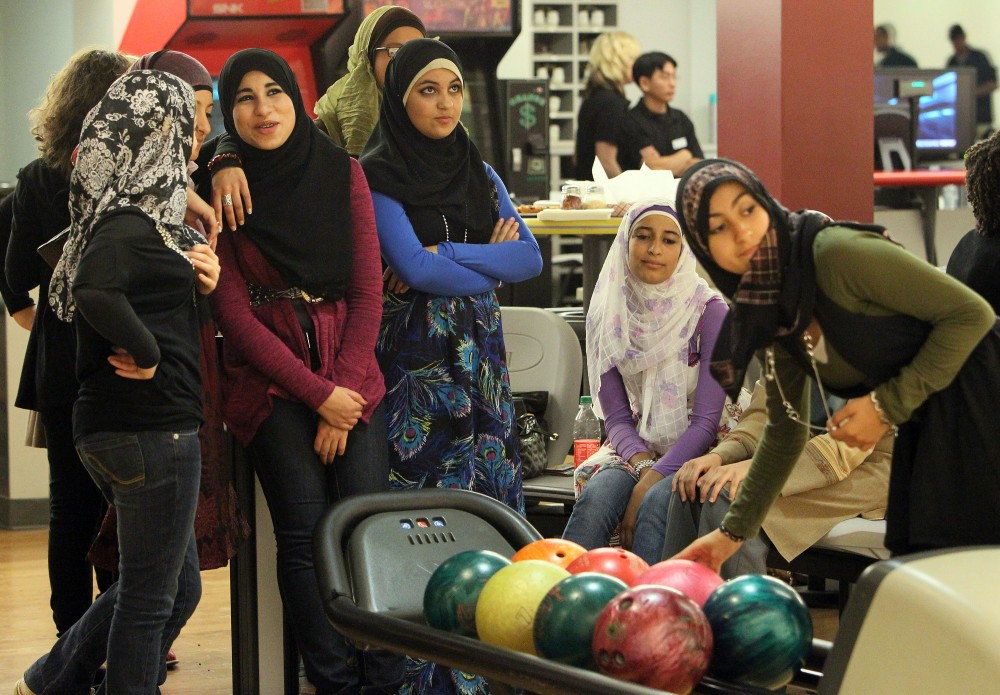Misguided surveillance

In urging the United States to start singling out Muslim Americans for special surveillance, presidential candidates Ted Cruz and Donald Trump draw precisely the wrong conclusion from the terrorist bombings in Brussels, Paris, and elsewhere. Cruz, seconded by Trump, says the United States needs to “empower law enforcement to patrol and secure Muslim neighborhoods before they become radicalized.” Such effort is needed, he says, to avoid the “toxic mix” of European cities, where terrorists take up residence in “isolated, radical Muslim neighborhoods.”
But such a policy of religious profiling—and the inflammatory rhetoric that goes with it—not only goes against the American tradition of religious liberty but would likely end up imposing isolation on Muslim Americans and hampering the police from doing their work.
The type of surveillance recommended was, in fact, tried in New York City after 9/11 and later rejected as unproductive if not counterproductive. According to the New York Police Department, six years of spying on Muslim neighborhoods and eavesdropping on conversations did not generate any significant leads on criminal cases. It did, however, generate a major civil rights lawsuit, which the city lost. The FBI later complained that the surveillance program had made its work harder by creating a new level of distrust in the Muslim community.




